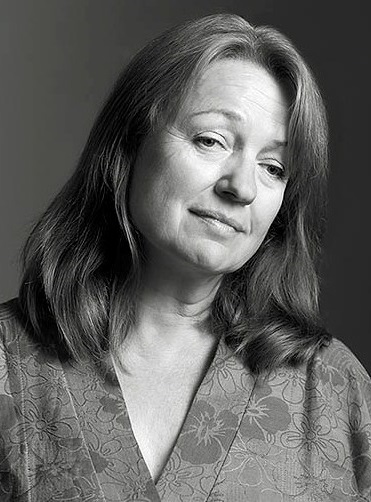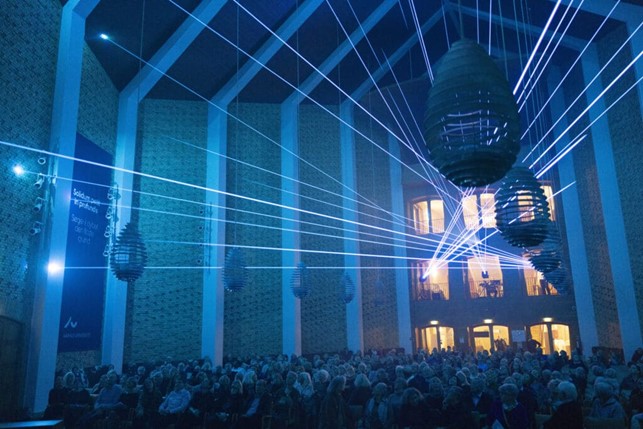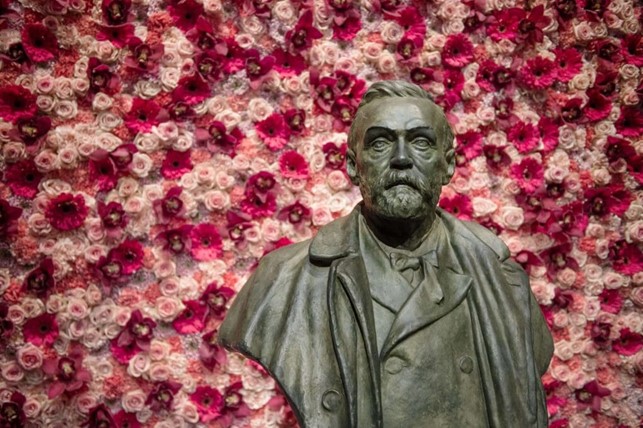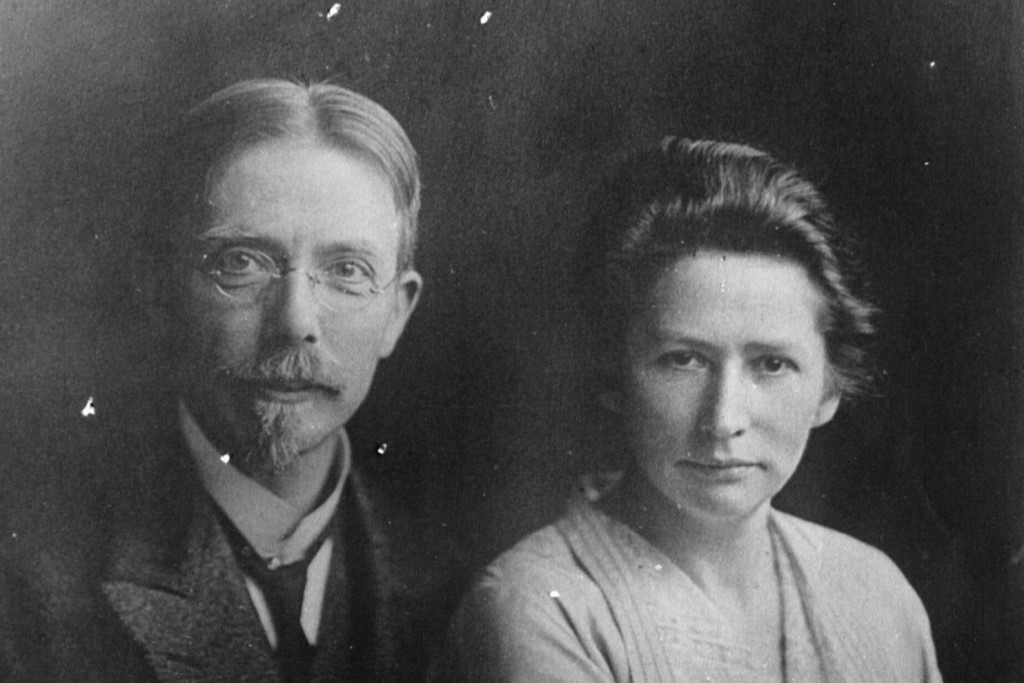The Royal Danish Academy of Sciences and Letters elects new editor

After working for several years in Italy as the director of The Danish Academy in Rome, it is now time for Marianne Pade to return to Denmark where she will take on the job as editor at the Royal Danish Academy of Sciences and Letters. Marita Akhøj Nielsen, who has acted as the editor at the Royal Academy throughout the last 12 years, is very pleased to pass on her seat at the editor’s desk to Pade and predicts a bright future for the publishing department of the Royal Academy with Marianne Pade leading the way.
– I have always been very interested in contributing to creating better conditions for science, which includes the dissemination of scientific results on all levels. Therefore, I naturally thought that it was a once in a lifetime opportunity to get to work within the publishing department of the Royal Academy with the staff and financial resources that come with the job, a most happy Marianne Pade says in an interview with the Royal Academy.
– Throughout the years, I have admired the many initiatives brought to the table by the praesidium – initiatives that have influenced science in Denmark. I am looking forward to taking part in and continuing that work as a new member of the praesidium.
A perfect match for the job
One of the reasons as to why Marianne Pade’s candidacy was approved by the fellow members of the Royal Academy are her many years of editorial work and management. Besides her former position as the director of the Danish Academy in Rome in the years from 2011 to 2019, in which Marianne Pade oversaw the publications of the Academy, she has also been the chairman of Forum for Renaissance Studies and co-founder of the electronic journal Nordic Journal of Renaissance Studies, and she is editor-in-chief of the bio-bibliographic database Repertorium Pomponianum. Furthermore, Pade, who has been a member of the Royal Academy since 2011, is also a member of several scientific and editorial committees for scientific journals and series in Denmark as well as other countries. She is head of the Semper Ardens project ”Cultural Encounter as a Precondition for European Identity” that deals with Latin literature of the modern period and is a Doctor of Philosophy and professor of classical philology.
12 years and two election periods have passed
While Marianne Pade starts to settle in at the editor’s office at the Royal Academy, Marita Akhøj Nielsen is, naturally, a little sad to see her time as editor come to an end. She is, however, at the same time very pleased and proud of everything she has achieved in her 12 years of working as the editor, as she is now preparing to welcome Marianne Pade as her successor.
– 12 years is a long time, and it has been incredibly exciting to be the editor of the Royal Academy for all this time, although there has also been a lot of time-consuming work. I will miss being in touch with members from scientific fields very different to my own, working together with the graphic designers, typographers and printers as well as working closely together with the secretariat of the Academy. It sure will be a strange feeling not to be part of ”the house” anymore, she explains.
When Marita Akhøj Nielsen took over the job as editor of the Royal Academy back in 2008, she set up two goals: First of all, she wanted all books published by the Royal Academy subjected to thorough peer review, and second of all, she was determined to have every single book ever published by the Academy since the year 1745 digitized and published online. And, with the launching of the Academy’s first ever online publication platform in the beginning of 2021, she has officially met the goals she set up for herself in the beginning. That of course makes it a great deal easier for her to happily hand over the job to Marianne whom she also has a lot of confidence in, personally as well as academically.
– The publications are an essential part of the activities and identity of the Royal Academy, and the Academy provides a unique opportunity to publish books and articles on basic research that are a 100 % initiated by the scientists themselves, she explains and continues:
– Which is why it is paramount that the editor of the Royal Academy is an established scientist, experienced publisher and at the same time also a dedicated worker. Marianne Pade lives up to all these criteria, she says, and concludes:
– It is my great hope that Marianne will be just as happy with the job as I have been, and with the assistance of the highly qualified, pleasant, and efficient employees that handle all the secretariat’s work related to publishing, I would say that the future indeed is looking very bright.
The election period of Marianne Pade began on the 24th of September and will last for the 6 forthcoming years.
For more information, please contact Academic Employee Rikke Reinholdt Petersen on rp@royalacademy.dk or telephone number +45 33 43 53 10. For information regarding press, please contact Head of Communications Kristoffer Frøkjær on kf@royalacademy.dk or telephone number +45 31 14 61 01.
About Marianne Pade
• Born on the 8th of March, 1957 • Graduate in classical philology from the University of Copenhagen • PhD in 1989 • employee at the Thesaurus Linguae Latinae in München 1989-91 • Humboldt-Fellow at Institut für Geistesgeschichte des Humanismus, München 1994-96 • Head of the two-year science network “Renæssancen: modernitetens oprindelse” (English: ”The Renaissance: The origin of modernity”), granted by SHF, from 1997-99 • Coordinator of the Scandinavian network about “Portræt og selviscenesættelse i renæssancen” (English: ”Portrait and self-presentation in the Renaissance”), granted by NOS-H, from 1999-2001 • Supply associate professor in classical philology, University of Aarhus from 2001 • Appointed Research Council professor in 2004 • Doctor of Philosophy in 2007 • Professor of Philology from 2009 • Member of the Royal Academy of Sciences and Letters in 2011 • Director of the Danish Academy in Rome from 2011-2019 • Head of the Semper Ardens project ”Cultural Encounter as a Precondition for European Identity”, granted by the Carlsberg Foundation from 2015-2021.


